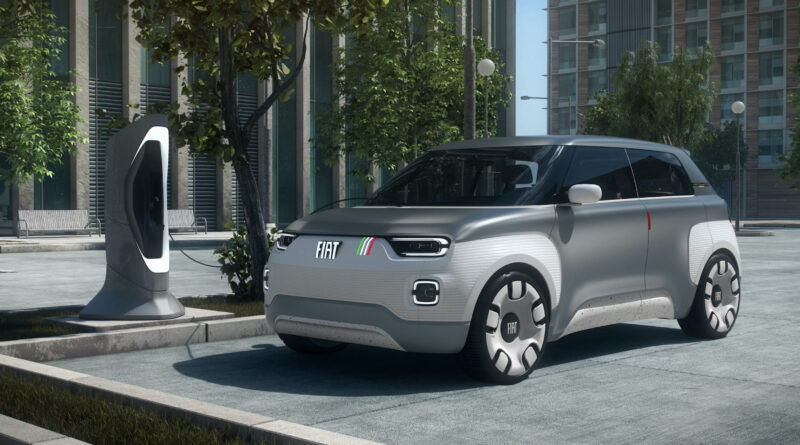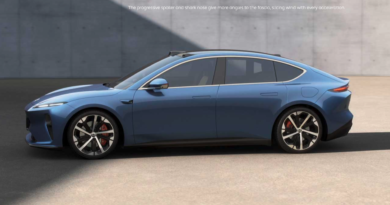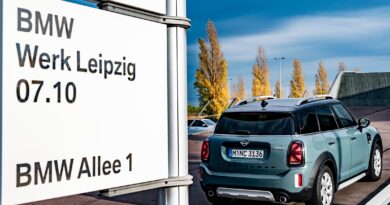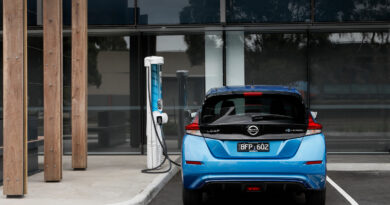Fiat 100 percent EV by 2030
Italy’s biggest-selling car brand is going electric. Fiat CEO Olivier François made the surprise announcement Friday, during a World Environment Day online event in Milan discussing the future of cities.
It makes Fiat the latest brand to confirm its intentions to switch wholly to EVs – confirming that EVs are fast becoming the focus for car makers across the world – as the car industry undergoes massive change.
READ MORE: Ford Ranger to go electric
READ MORE: General Motors to stop building petrol and diesel cars by 2035
READ MORE: Volvo to be all electric by 2030
READ MORE: Jaguar all electric by 2025, Land Rover to follow
READ MORE: Mini to go all electric, first BMW brand to ditch petrol
READ MORE: Target EV: The year each car brand promises to go electric
“Between 2025 and 2030, gradually, our product range will become only electric,” the French-born exec said. “This will be a radical change for Fiat.”
François made it clear that future EVs from the Italian small-car specialist will be affordable.
“Our duty is to offer the market, as soon as possible, compatible with the reduction in the cost of batteries, electric cars that do not cost more than combustion cars. We are exploring the territory of sustainable mobility for all. This is our project.”
READ MORE: Affordable (and cool) EVs Australians can’t buy…
Fiat put its first mass-market EV, the Nuova 500, into production in Turin only last year. There are no plans at present to bring it to Australia. While it looks very similar to the existing 500, the battery-powered Nuova 500 is slightly larger.
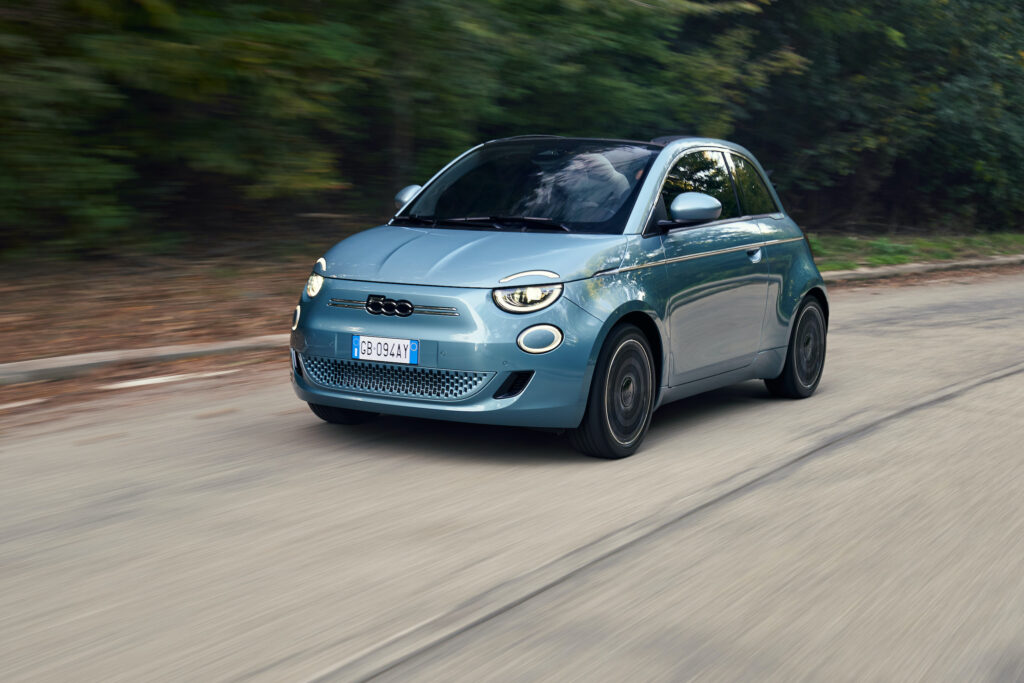
Originally launched back in 2007, the 500 was a huge hit for Fiat and remains one of its biggest sellers world-wide. The company has previously said it will continue to sell the three-door, which is made in Poland and Mexico, alongside the Nuova 500 for some years. Now there’s a deadline in sight…
Fiat’s other big seller is the Panda. The versatile little five-door was sold in Australia for two years last decade, but slow sales led to its withdrawal. It’s hugely popular across Europe, especially Italy, and Fiat signalled the likely direction for its replacement in 2019.
The Centoventi concept presented at the Geneva motor show was a small EV that featured swappable battery modules and a versatile interior. That’s it at the top of this story. The name, by the way, means 120, which was the anniversary Fiat was celebrating at the time.
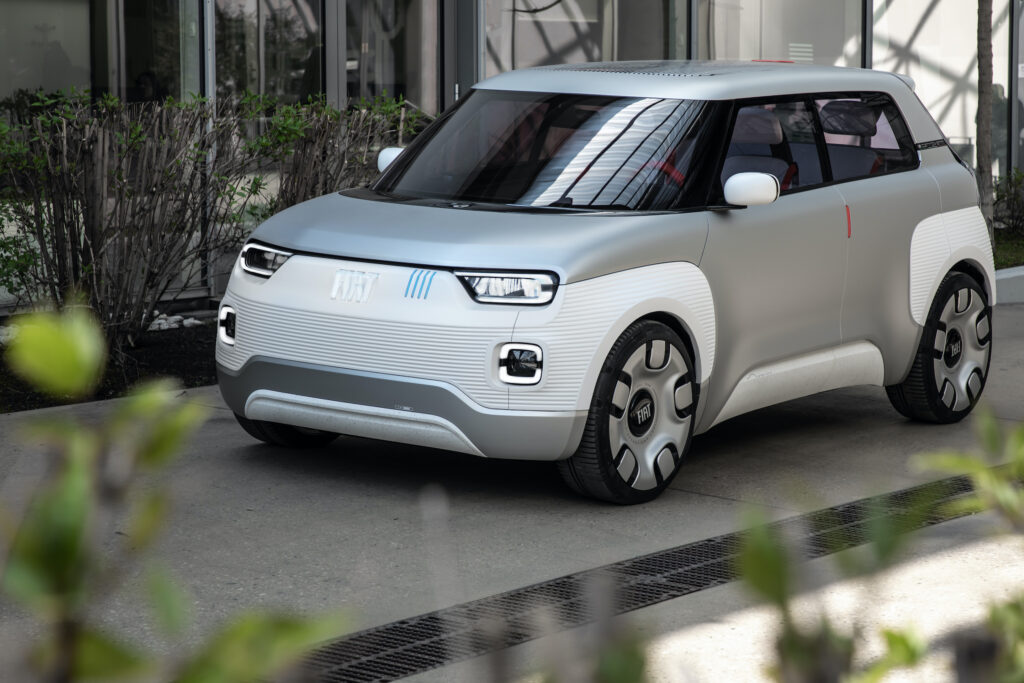
Though Fiat is far from being a force in the Australian car market, its move to EVs is a significant one. Most of the brands that have announced their intention to go 100 percent EV have been premium and luxury brands. General Motors is an obvious exception here.
Along with a bunch of other brands, Fiat became part of Stellantis after the merger of Fiat Chrysler Automobiles and Groupe PSA, owner of Peugeot, Citroen and Opel, was completed early this year.
The announcement by François may indicate that Fiat’s future niche inside this new titan of the global car business is as a small EV specialist.
It also provides crucial volume for other brands within the Stallantis stables as they ramp up their EV offerings.

